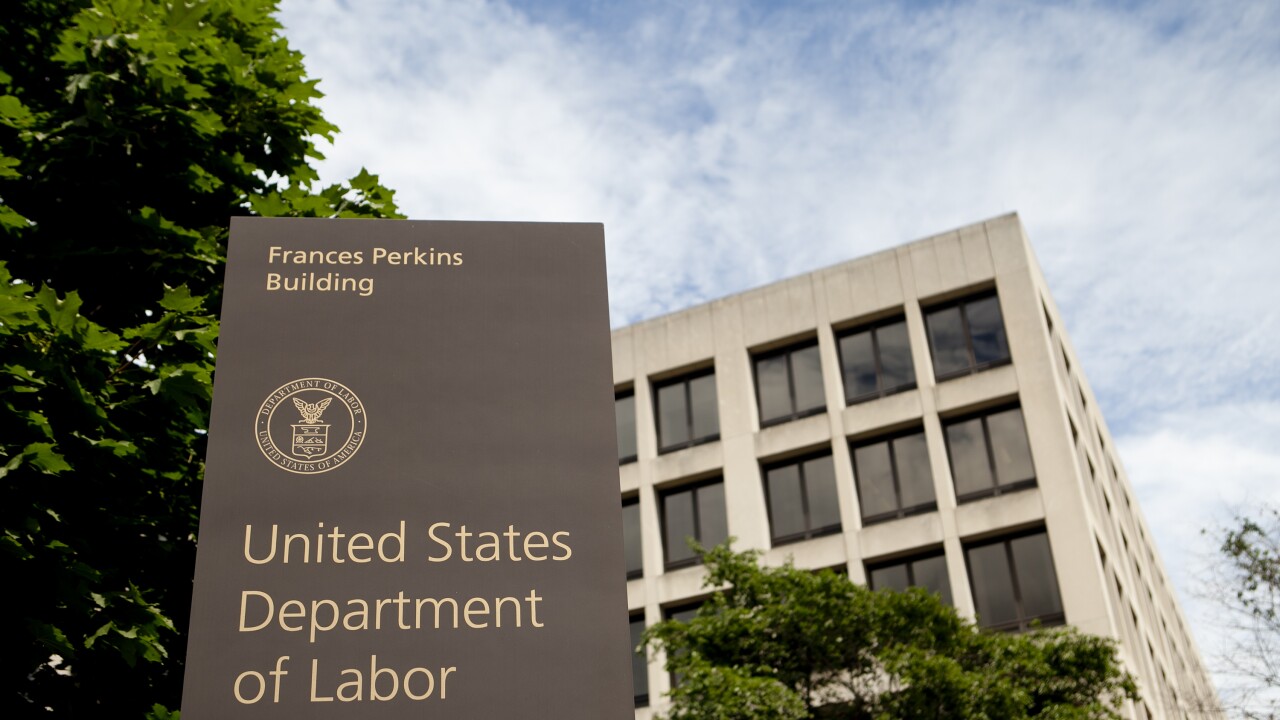Tax leaders at companies around the world are predicting the number of tax audits will increase by more than a third over the next two years.
A
EY surveyed 2,100 senior tax and finance leaders and found that more than half (51%) of company tax leaders expect to experience more tax disputes in the next two years. Cross-border tax reforms topped the list of anticipated risks, with tax leaders forecasting that more disputes will lead to higher costs in the future.
Tax leaders are also concerned about the 15% global minimum tax that countries in the Organization for Economic Cooperation and Development have agreed to implement (
Tax enforcement was cited as the top concern for the tax and finance leaders polled, with 35% of the respondents citing it as their largest risk over business risk (26%) and legislative and regulatory matters (30%). Behind these concerns is an expectation for a greater focus on cross-border taxation issues, uncertainty around tax legislation and a significant increase in the number of detailed information requests from tax authorities over the coming two years.

Corporate tax leaders are already dealing with plenty of tax issues, with 95% of the tax leaders surveyed saying their organization currently manages at least one tax dispute, with more than half (52%) overseeing disputes totaling more than $1 million.
"After significant disruption to tax audits and litigation during the COVID-19 pandemic, executives across the world are anticipating a period of intense scrutiny as a new wave of global tax reform takes hold," said Marna Ricker, EY's global vice chair of tax, in a statement. "With authorities empowered by technological advances, enhanced data-gathering powers and global collaboration, this is a new era for tax enforcement. Tax and finance functions must invest in global coordination of their tax risk and controversy management approach if they want to avoid disputes, and the possibilities of financial and reputational penalties."
Over half (53%) of the respondents anticipate more tax authority focus on international tax and transfer pricing issues. Transfer pricing was seen as the biggest source of tax risk, with nearly double (63%) the number of votes compared to the second and third sources, tax incentives (35%) and deductibility of costs (31%).
Managing tax risks has become a bigger priority for tax department leaders, with 84% of respondents saying that either implementing or improving an existing global governance framework approach to tax risk and controversy management would add value to their business in the next two years. Nearly half the businesses surveyed (44%) indicated they're centralizing management of tax disputes, with only 3% of respondents leaving the handling of most tax disputes to local teams. Nevertheless, 75% of the businesses polled say they lack complete visibility of their companies' tax disputes globally.
Organizations are adapting to the new tax risk environment, with 69% of respondents expecting their focus on tax governance to grow in the coming years. They're seeing a growing number of both formal and informal requests for information from tax authorities, and 86% are looking to be more proactive in identifying and managing risks before they become a dispute.
To deal with the growing tax risks, they're investing in resources, creating new roles and job functions. Over one-third of the respondents (38%) said their organization has named a dedicated tax risk or tax controversy leader in the last two years, with 80% of respondents believing such a role would add significant value to their business. The same percentage say they've created a tax risk and controversy committee or "center of excellence" or improved an existing similar working group over the past two years.
"With governments across the world intensifying tax enforcement and demands for transparency of tax data increasing, organizations are doing all they can to increase tax certainty," said EY global tax controversy leader Luis Coronado in a statement. "Whether it's investing in talent or reconfiguring their global approach to managing tax risk and controversy, executives are now taking a far more proactive approach to monitoring, documenting and evaluating their tax risk."





